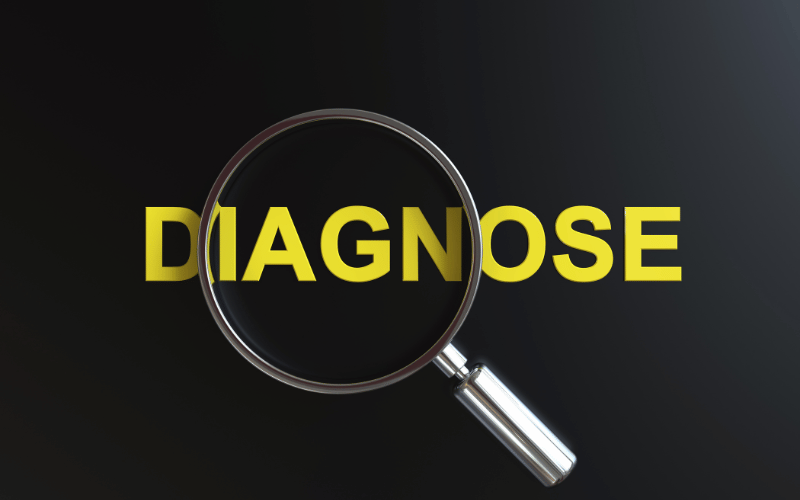Fact 4: The Cruciality of Early Diagnosis and Intervention

The race against time takes a pivotal turn in Wilson’s disease, where early diagnosis and swift intervention can make all the difference. The progressive nature of the disease means that the sooner it’s caught, the better the chances of preventing irreversible damage, especially to vital organs like the liver and brain. This crucial early intervention relies heavily on recognizing the symptoms and understanding the risk factors, especially for those with a family history of the condition.
Diagnosing Wilson’s disease is a meticulous process, involving a battery of tests ranging from blood work and liver biopsies to neurological evaluations. Each of these plays a critical role in painting a comprehensive picture of the disease, guiding the healthcare team toward the most effective treatment plan. Genetic testing also stands as a vital tool, especially for families known to carry the gene mutations associated with the disease.
The introduction of treatment at the early stages of Wilson’s disease transforms the prognosis. Medications such as chelating agents, which help remove excess copper from the body, and zinc supplements, which reduce copper absorption, become life-saving interventions. In some cases, a liver transplant may be considered, especially if the liver damage is extensive.
This early action extends beyond medical interventions. It encompasses lifestyle modifications, dietary changes, and the establishment of a robust support network. Together, these elements create a comprehensive approach to managing Wilson’s disease, ensuring that individuals affected by the condition have the best possible shot at a healthy, fulfilling life.
The importance of early diagnosis and intervention in Wilson’s disease cannot be overstated. It stands as a beacon of hope, a clear path through the complexities of the disease, ensuring that those affected have the tools and support they need to navigate this challenging condition. (4)